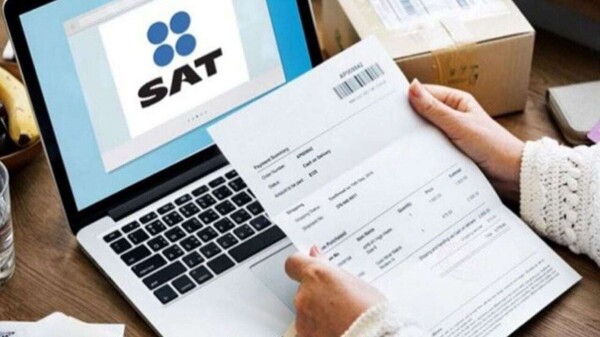
The Mexican industry is requesting respect for the trade agreements of the T-MEC and is asking that the country's economy not be used as a bargaining chip in political negotiations. The president of Concanaco Servytur, Octavio De la Torre, has highlighted this stance, urging companies to prepare internal strategies and mobilize their counterparts in the United States to express their concerns about the proposed measures.
On the other hand, Coparmex believes it is inappropriate to address cross-border issues in this manner, and Index has urged the maintenance of unity between the private sector and the government. In this regard, the country's industry will remain attentive to the tariff issue between the United States and Mexico, trusting in dialogue to find solutions to the differences among T-MEC partners.
According to Andrés Abadía, chief economist for Latam at Pantheon Macroeconomics, the uncertainty surrounding President Trump's second term is the most important factor in this situation. Although the pause in tariffs provides temporary relief, caution remains due to the possible long-term consequences if tensions rise again.
Humberto Calzada, chief economist at Rankia LATAM, points out that despite the postponement of tariffs, the economic outlook does not improve significantly, although it provides some peace of mind. However, he warns that if tariffs persist, GDP could only see slight growth or even contraction if they last throughout the year, which would affect foreign direct investment and gross fixed investment.
The private sector emphasizes that trade should not be negotiated with issues such as drug trafficking and migration, but rather the government should defend free trade as established in the T-MEC and set up permanent dialogues with the United States to address mutual social issues in a coordinated manner.
The postponement of tariffs for a month has generated uncertainty in the Mexican economy, with possible repercussions on variables such as the exchange rate and growth prospects. In this situation, Alejandra Marcos, director of analysis and strategy at Intercam Casa de Bolsa, highlights the importance of leveraging this time to develop coordinated responses both within and outside of Mexico, as many unknown variables still exist in this scenario.














